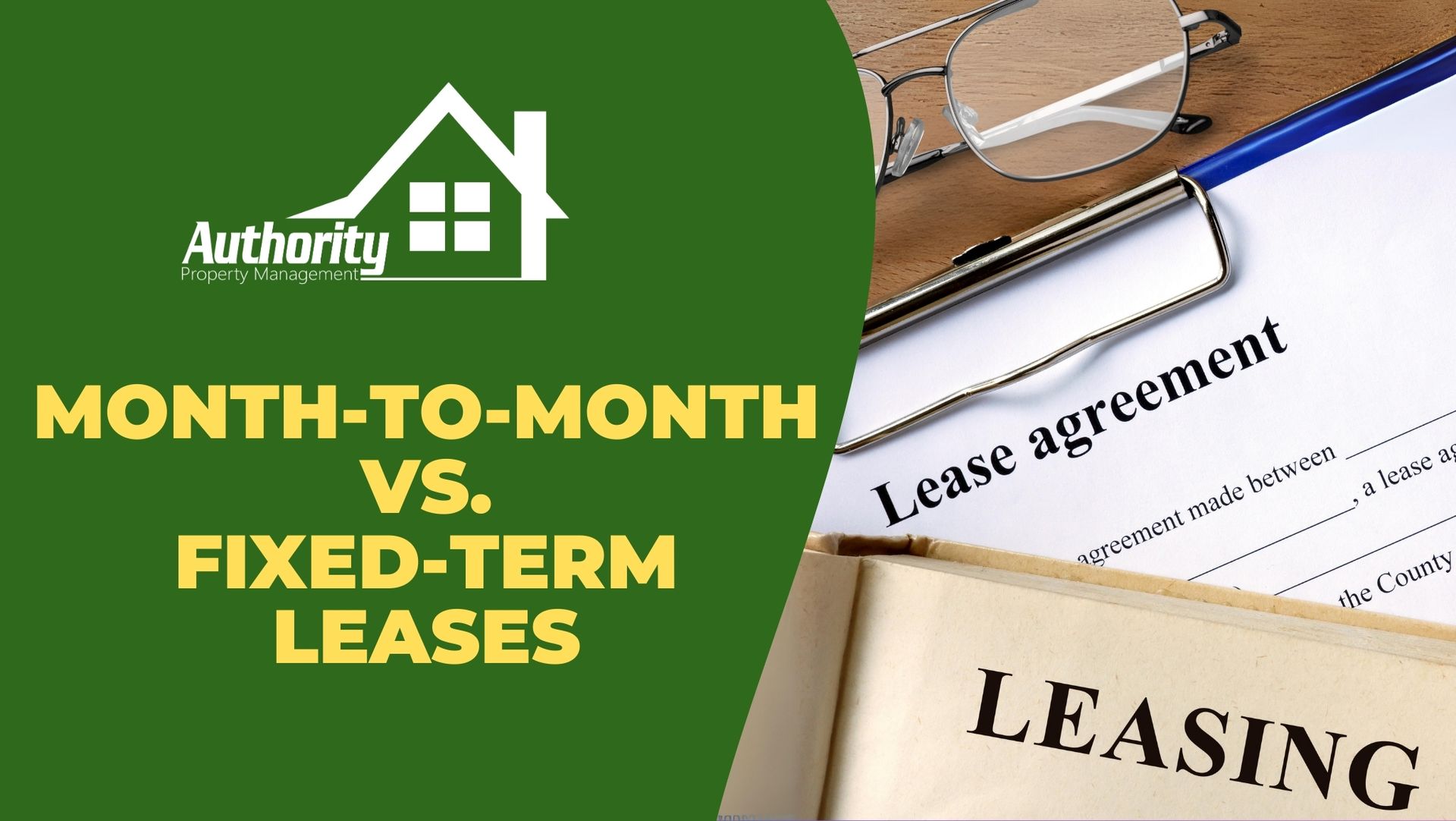

Share this post with a friend!
Disclaimer: The content on this blog is for informational purposes only and is not intended as legal or professional advice. Consult with a qualified professional for specific advice.



Areas We Serve
/site/87e31e8f/about-anderson
/site/87e31e8f/about-anderson
Anderson, Bella Vista,
Cottonwood, Happy Valley, Igo, Jones Valley, Keswick,
Lake California,
Millville, Mountain Gate, Oak Run, Ono, Palo Cedro, Redding, Shasta, Shasta Lake
Authority Property Management Inc. in Redding, CA., is a licensed Property Management Company and Rental Agency. We provide Real Property management services in Shasta County & surrounding areas. We specialize in managing rental properties, single-family homes, apartments, and commercial properties.